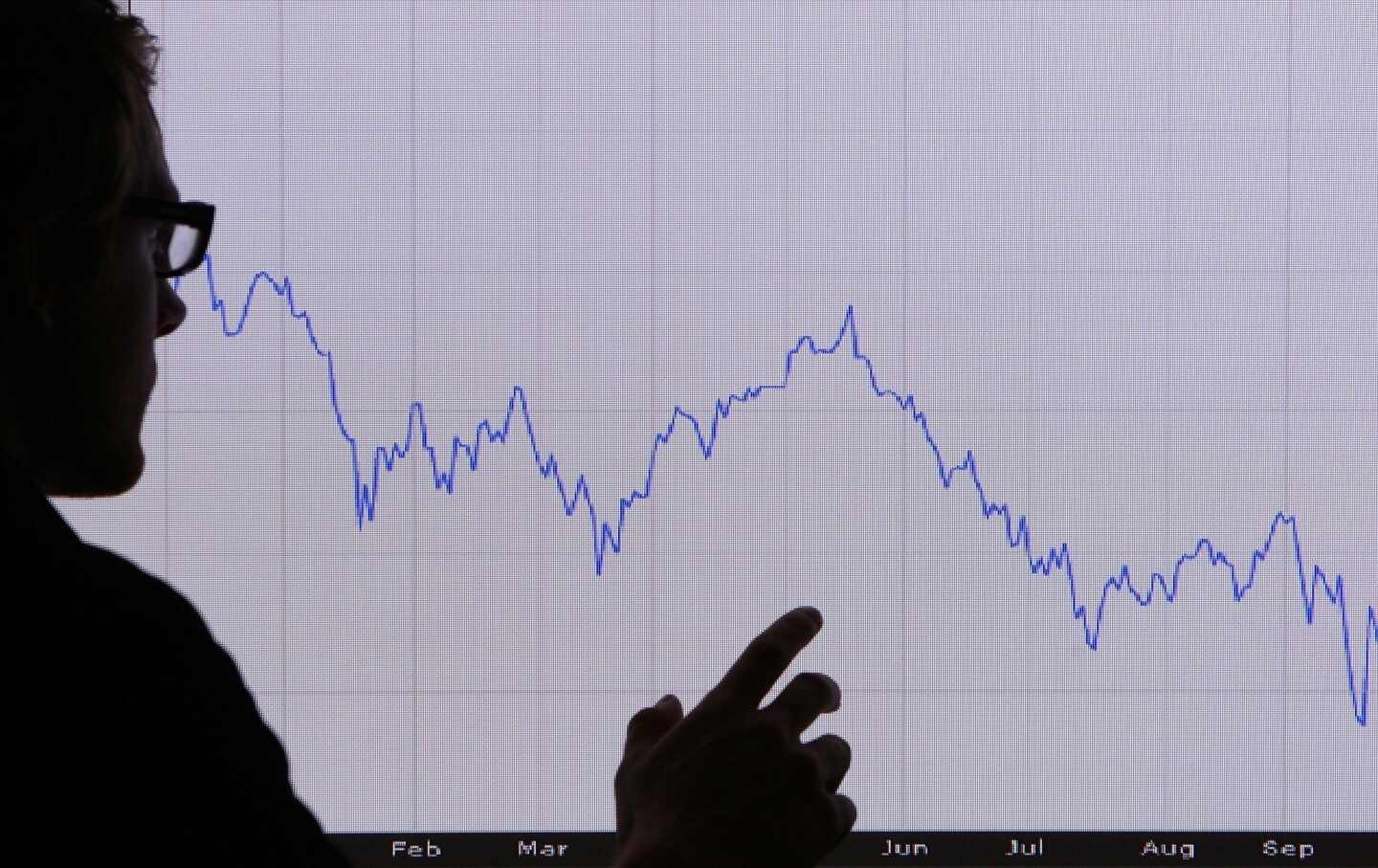Farewell to Freakonomics
On this episode of The Time of Monsters, Marshall Steinbaum on economics as a toxic discipline.

Here's where to find podcasts from The Nation. Political talk without the boring parts, featuring the writers, activists and artists who shape the news, from a progressive perspective.
On this episode of The Time of Monsters, Marshall Steinbaum on economics as a toxic discipline.
Advertising Inquiries: https://redcircle.com/brands
Privacy & Opt-Out: https://redcircle.com/privacy

Steven D. Levitt, best known for cowriting the best-selling 2005 book Freakonomics, is retiring from the University of Chicago with a bang. On the Capitalism and Freedom podcast, Levitt gave a farewell interview where he detailed many internecine feuds in the discipline and examples of toxic abuse, with particular focus on his long-time colleague and nemesis James Heckman.
The economist Marshall Steinbaum, a University of Chicago graduate who now teaches at the University of Utah, returns to The Time of Monsters to elucidate not just the Levitt/Heckman spat but also the question of why economics is a notoriously toxic discipline, how economics has changed over the decade,s rendering both Levitt and Heckman anachronistic, and the recent backlash against anti-racist politics in the discipline.
To supplement the article, listeners can read: Noah Scheiber’s 2007 article on the intellectual origins of Freakonomics, Marshall Steinbaum’s 2020 post about racism in the University of Chicago economic department, and a recent Bloomberg story on racism and sexism in economics.

Here's where to find podcasts from The Nation. Political talk without the boring parts, featuring the writers, activists and artists who shape the news, from a progressive perspective.
Matthew Yglesias, a very influential journalist and proprietor of the Slow Boring substack, has emerged as a divisive figure within the Democratic party. To admirers, he’s a compelling advocate of popularism, the view the Democratic party needing to moderate its message to win over undecided voters. To critics, he’s a glib attention seeker who has achieved prominence by coming up with clever ways to justify the status quo.
For this episode of the podcast, I talked to David Klion, frequent guest of the show and Nation contributor, about Yglesias, the centrist view of the 2024 election, the role of progressives and leftists in the Democratic party coalition, and the class formation of technocratic pundits, among other connected matters.
Advertising Inquiries: https://redcircle.com/brands
Privacy & Opt-Out: https://redcircle.com/privacy
